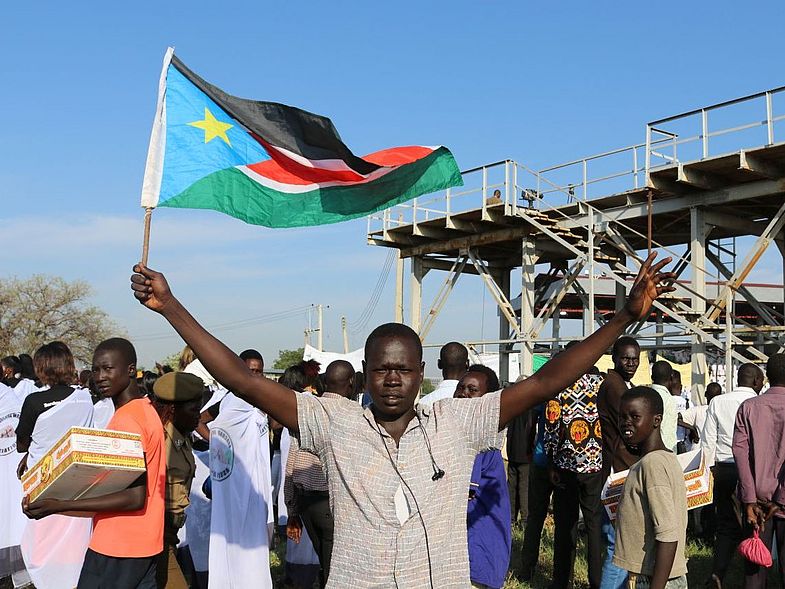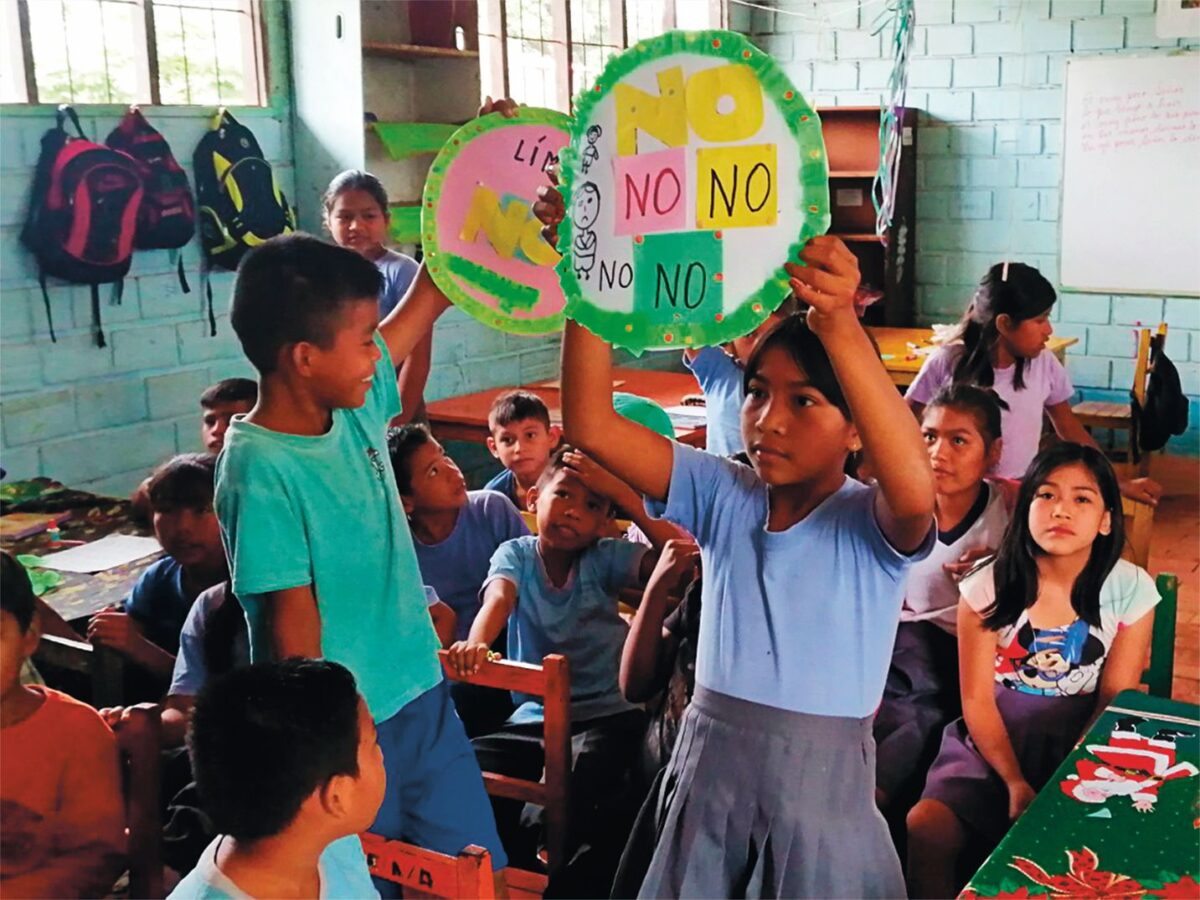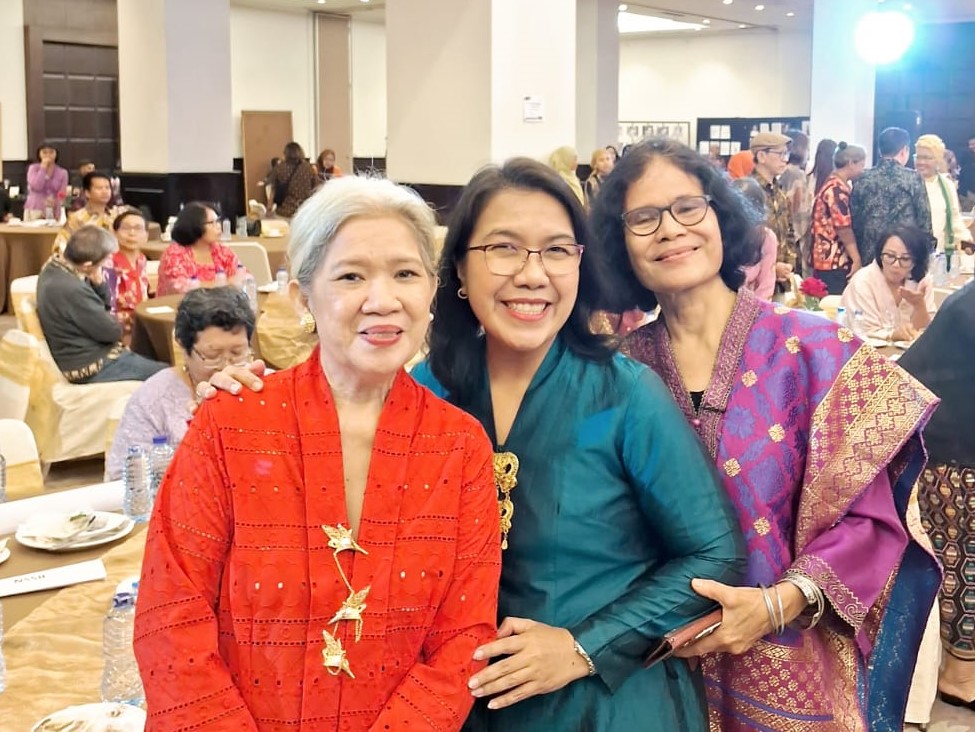The civil war in South Sudan has caused great suffering among the population since 2013. The main cause of the war was the conflict within the political elite between President Salva Kiir and the rebels, led by former Vice President Riek Machar. The peace agreement in September 2018 gave the people of South Sudan hope for sustainable peace in the country.
Points of contention and disagreement
This hope still exists. But now Kiir and Machar must form a unity government in which both parties are represented. This government should have been in place by May 2019, but the deadline was initially postponed until November - and after this deadline passed, another postponement of 100 days was negotiated. This is because the two opponents disagree on many points. In particular, they are struggling to reach agreement on security issues. These are central to securing peace in the long term. But it is not just about factual controversies. The official statement of our partners on the ground puts it in a nutshell: The will for peace does not only consist of deadlines and technical agreements, but the fulfillment of the peace agreement depends above all on the political and personal will of the two parties.
Church for Peace
Our partner churches in South Sudan, the SSCC (South Sudan Coucil of Churches) and the PCOSS (Presbyterian Church of South Sudan), have been working for peace for years. They mediate between the parties, were present at the audience of the two rivals with the Pope in Rome, and are again now officially calling on those responsible to resolve the root of the conflict and focus on the welfare of the South Sudanese people.
100 days of hope
Once a unity government is formed, a transition period of 36 months is to begin, which in turn is to culminate in democratic elections. The extension shows how difficult it is for Kiir and Machar to refrain from personal claims to power and to fulfill their moral and political obligation to the people of South Sudan. The future of South Sudan is now in their hands. Our partners remain optimistic; they also see the extension as an opportunity to continue dialogue on the main points of contention and to find solutions in implementation. The people have no choice but to wait and hope.
Text: Meret Jobin
► Official statement of the SSCC
► Background article Crisis Group







